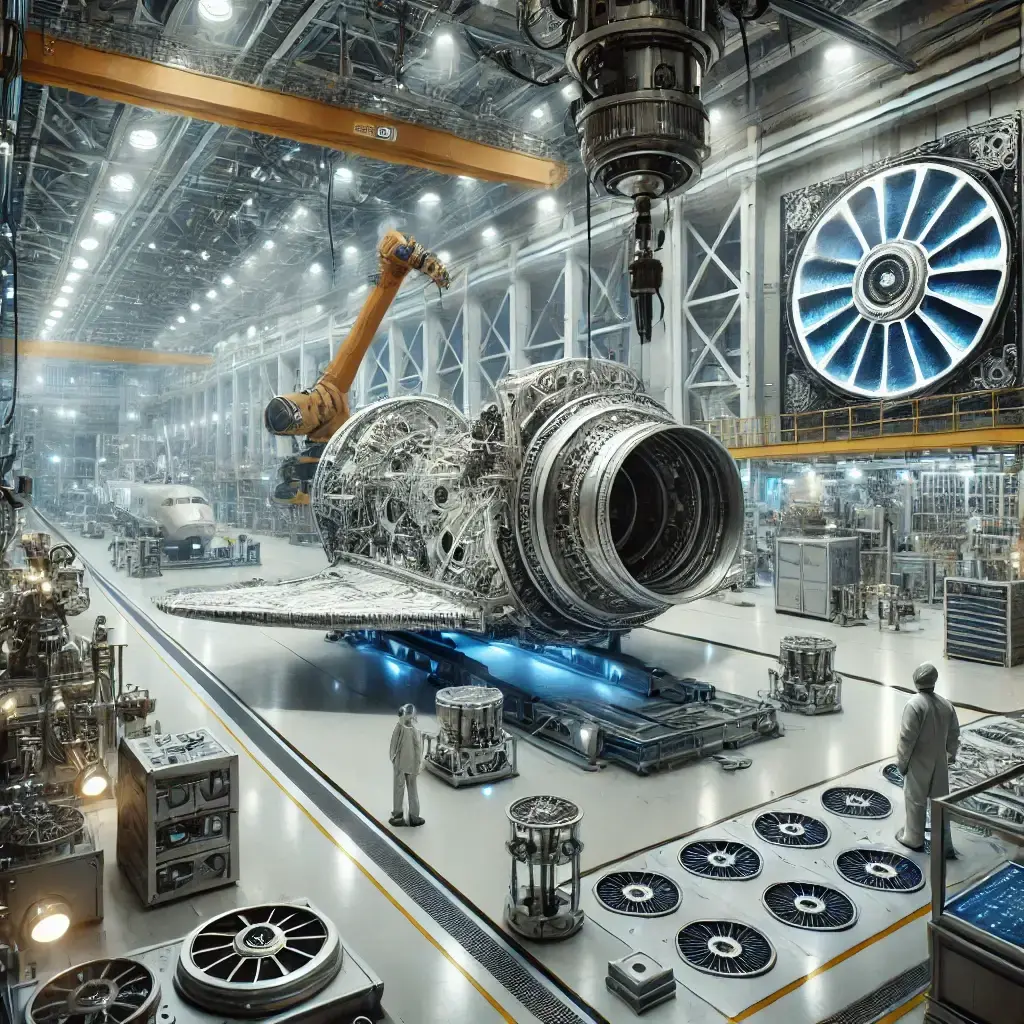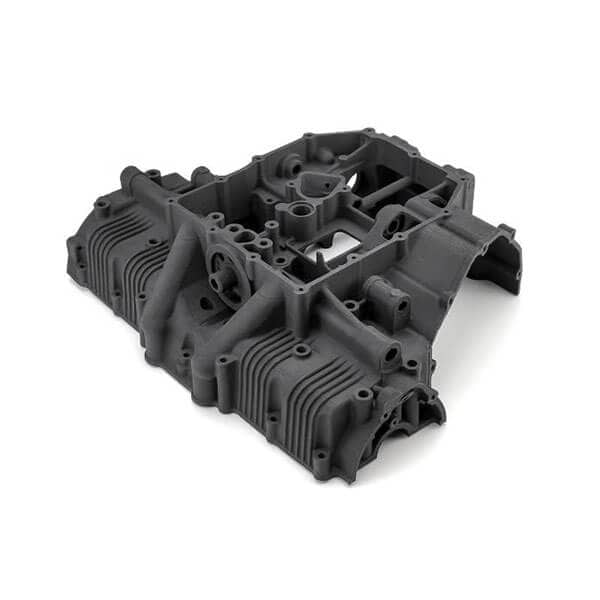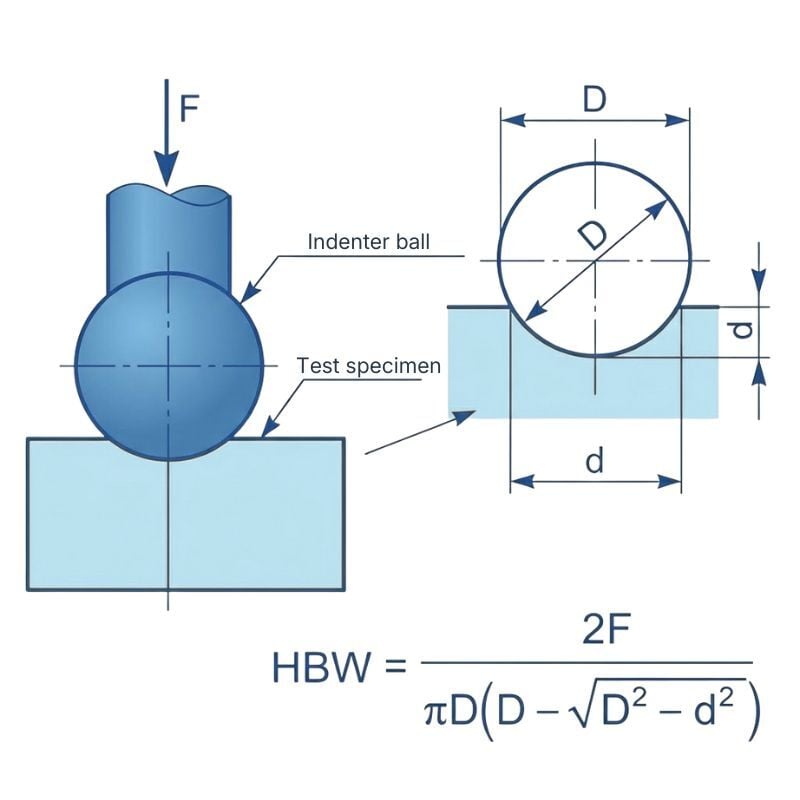3 min read
Nylon: Uses, Industrial Applications and Advantages
Nylon is one of the most widely used plastic materials in the world.Thanks to its combination of strength, light weight, flexibility and durability,...

The aerospace industry stands as one of the most technologically advanced and complex sectors. Here, precision, reliability, and resilience are not merely essential requirements, but fundamental pillars of production. Any margin of error, however minute, can compromise the performance and safety of an aircraft, be it civilian, military, or space-based. CNC machining takes centre stage in this ecosystem, thanks to its capacity to create extraordinarily precise and complex components.
With this guide, we shall delve into the materials most utilised in CNC machining for the aerospace sector, the technical challenges that arise, and the complementary technologies that guarantee production standards of excellence.
CNC machining has become indispensable in the aerospace industry. Through its precision and repeatability, it is possible to produce critical components that respond to minimal tolerances, often in the order of microns. This technology enables the working of advanced materials and the achievement of extremely complex geometries, unimaginable with traditional production methods. Moreover, the programmability of CNC machines guarantees absolute control over parameters such as cutting speed, tool feed, and tool configuration, minimising waste and maximising productive efficiency.
A fundamental aspect of CNC machining for aerospace is the ability to satisfy the most rigorous qualitative standards, such as the ISO 9001 certification. Thanks to advanced measurement technologies employed by Weerg, including ACCREDIA-certified machines, it is possible to ensure a meticulous verification of each component, assuring full compliance with project requirements.
In the aerospace sector, material selection is guided by factors such as lightness, structural resistance, high-temperature stability, and corrosion resistance. Among the primary materials utilised for CNC machining, aluminium alloys, stainless steel, and advanced polymers like PEEK stand out.
Aluminium alloys represent one of the most critical and versatile materials in the aerospace industry, with projected usage continuing to grow over the next 30 years. Their importance is determined by the exceptional ratio between lightness and mechanical resistance. The primary alloy families used are the 7000, 2000, and 6000 series, each with specific characteristics for diverse applications. The alloy selection depends on the specific application: 7000 series alloys are employed in highly stressed zones such as wings and engine components, whilst 2000 and 6000 series find usage in less critical applications like internal parts, seats, and handles. It is crucial to emphasise that 7000 alloys are not limited to secondary structural components but are also utilised for primary structural applications.
Two alloys are particularly noteworthy:

ALLOY 7050 (T7451): The 7050 alloy is an aluminium-zinc-magnesium-copper composition specifically developed for aerospace application. It distinguishes itself through its exceptionally high resistance values, both static and fatigue-related, and excellent tempering capabilities that maintain such characteristics even on substantial thicknesses. Its structure guarantees elevated fracture toughness values, accompanied by good stress corrosion resistance. From a machining perspective, it offers excellent workability on machine tools, associated with high dimensional stability. It is typically used in plate form in the T7451 state for the realisation of critical mechanical parts, particularly when these present complex shapes and are subject to significant stresses, especially in external environments.
ALLOY 7075: The 7075 alloy, also based on an aluminium-zinc-magnesium-copper composition, represents a consolidated aeronautical derivative. It continues to be extensively used in T7351 type states for sophisticated general applications. Its distinctive characteristics include exceptional machinability and extremely high mechanical resistance. It finds its ideal employment in the creation of structural details with high resistance requirements and critical mechanical components in general.
Although less lightweight compared to aluminium, stainless steel remains an important solution for certain aerospace applications. Alloys such as 316 and 304 are appreciated for their excellent corrosion resistance and mechanical stability in challenging environments.
These steels find employment in components requiring robustness and resistance to extreme conditions, such as fuel tanks, fittings, or fastening devices. CNC machining of stainless steel requires wear-resistant tools and the adoption of techniques that minimise friction, ensuring precise and high-quality finishes.

PEEK is one of the most innovative materials in the aerospace sector. This advanced polymer offers a unique combination of lightness, mechanical resistance, and thermal stability, making it ideal for highly specialised applications.
PEEK is used to create components such as seals, insulators, supports, and other secondary structural parts. Its resistance to elevated temperatures and ability to maintain shape and mechanical properties even in extreme conditions make it an excellent choice for internal aircraft applications.
An additional advantage of PEEK is the possibility of combining it with reinforcements, such as glass or carbon fibres, to further increase its rigidity and resistance. This makes PEEK a versatile choice for a wide range of aerospace applications, where weight reduction and reliability are crucial.
The FCS system employed by Weerg marks a significant evolution in workpiece clamping during CNC machining, combining innovation with precision. This advanced system uses residual appendages to securely hold the workpiece in place, eliminating the need for traditional vices that, due to the applied clamping force, can cause deformation. The technology is further enhanced by Weerg's high-precision 5-axis CNC machines, which enable exceptionally accurate machining and unrestricted geometric freedom. This approach not only ensures flawless results but also significantly improves production process efficiency.
In the aerospace sector, where even minimal dimensional variations can compromise component performance, this system guarantees greater precision, stability, and finish quality. The reduction of deformations not only improves the piece's aesthetic yield but ensures that aerodynamic and structural properties are respected.
Surface treatments play a crucial role in aerospace component production. Among these, hard anodising is one of the most utilised for improving wear and corrosion resistance of materials such as aluminium.
Specialised companies like Weerg offer high-quality finishes that not only protect components from wear but also optimise their functional and aesthetic properties. The ability to combine CNC machining with advanced surface treatments allows for the creation of products that meet the highest sector standards.
 Precision and Reliability: Quality Control in Aerospace
Precision and Reliability: Quality Control in AerospaceQuality assurance is one of the most critical aspects of CNC machining for the aerospace sector. At Weerg, ACCREDIA-certified measuring machines play a vital role in verifying component tolerances, ensuring they meet design specifications.
These micron-level precision measurements guarantee process traceability and compliance with aerospace standards. Such meticulous verification not only minimises the risk of errors but also reinforces customer confidence in the quality of the final product.
CNC machining is the cornerstone of the aerospace industry, enabling the production of components that satisfy extremely elevated precision and quality requirements. The selection of materials, such as aluminium, stainless steel, and PEEK, plays a fundamental role in determining the final performance of components.
Thanks to advanced technologies like the FCS system and innovative surface treatments, cutting-edge companies like Weerg are able to offer solutions that satisfy the highest standards, contributing to the continuous progress of a sector that demands the utmost in terms of reliability and safety.

3 min read
Nylon is one of the most widely used plastic materials in the world.Thanks to its combination of strength, light weight, flexibility and durability,...

3 min read
How Environmental Management System certification strengthens the quality of our production processes and the value we deliver to our partners

3 min read
The Brinell test is one of the oldest and most reliable methods for measuring the hardness of materials, particularly metals.Even today it is widely...